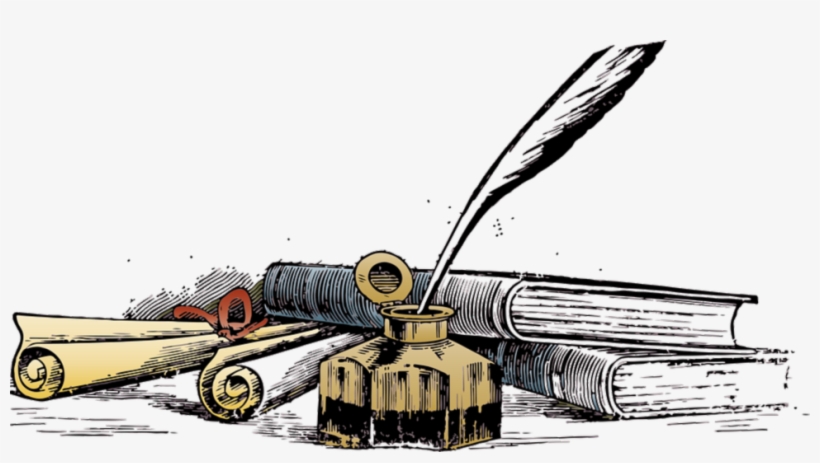When I arrived Dar-es-Salaam I first lived in number 2 Shaaban Robert Flats a short walk from my office, the Ministry of Lands, Wizara Ya Ardhi, on Ocean Drive. On the other side of the Drive was the large expanse of the Indian Ocean with ships moored. It was a pleasant two bedroom flat. Shortly after, I moved to 28 Bagamoyo Road, this time a two bedroom Colonial-type bungalow with two bedrooms and one toilet/bathroom.
In the Ministry where I worked there were six of us foreign valuers, two English men, Stone and Borrowman, three Biafrans, Okonkwo, Chioke and I all on the same level but the head of department, Roger Woods, was an Englishman. At that time there were just two Tanzanian valuers, Limbumba and Manyenga. Part of my schedule was training several Secondary School leavers and valuing Ujamaa, socialist, villages. The country then led by revered Mwalimu Julius Nyerere was practicing socialism. During my first year I had the opportunity to travel to most of the Ujamaa villages for valuations. But I never got to visit the Lake Victoria region of Musoma and Mwanza in the North East. One event that stuck in my memory was a visit to Dodoma, then just a village that many years later became the capital of Tanzania. From Dodoma we drove to a place called Lupatingatinga in a Land Rover and experienced a situation in which our shirts suddenly turned black! We were all shocked but soon found out that swarms of tsetse flies had settled on our shirts probably sucking our sweat and blood. We were very happy to get out of there.
One thing that was clear was that the citizens had a great deal of respect for us Biafrans and regarded us as next to, or at par with, white people. There was an occasion when I had an open confrontation with Ian Stone, one of my English colleagues in the office, when I was very upset by something he did. Our co-workers gathered in awe. Here was a black man telling off a white man publicly, something they would never dare do. As time went on I observed that the average citizen was laid back, not half as aggressive as we West Africans. Salaries were low and the citizens looked at us with envy. Despite the poor salaries there was a lot of drinking going on. Some workers would, on getting paid at month end, stick their pay into their socks and end up in the bar getting home in the early hours of the next morning. Before the middle of the next month they would be broke and borrow to survive the rest of the month.
There were other foreign ‘experts’ in view, particularly the Chinese. They were busy on TAZARA – building the Tanzania-Zambia Railway. You cannot miss them for apart from their complexion they usually moved on foot in groups of five to seven each person wearing a white short sleeve shirt and khaki trousers. Indians were also many for they had come to East Africa early and became citizens and owned the majority of properties.
We Biafrans had a good time even though a war was raging back home. But all we could do was continue contributing money towards the war effort. There were about a dozen of us mostly bachelors. Two of us were doctors working in the Muhimbili Hospital, there was a lecturer in the University of Dar-es-Salaam, an accountant and so on. My closest neighbour was Bertram Echem from Ajalli. He was quite an amusing gentleman. He had a Volkswagen beetle car and quite often he would announce to me, ‘Peter, I did it again!’ He usually parked his car in his garage and every so often would put his car in the first gear and look backward believing his gear was in reverse! The result was usually that the car went forward further flattening the ‘nose’ of his ugly beetle.
Those were carefree years but none of us forgot home. I had bought a secondhand Vauxhall Viva car with which I did my breezing about. Several times I drove it very fast the hundreds of miles from Dar-es-Sallam to Moshi on duty tour. On one of those trips I nearly lost my life as chronicled in an earlier post, The Thin Line. As a table tennis enthusiast I played at the Upanga Sports Club and in 1971 was selected to represent Tanzania in the East African tournament but duty did not permit me to go. Having a car was a big thing and we foreigners were very popular for that reason. Not many people had cars. Indeed the citizenry was slipping deeper and deeper into socialism and had reached a stage in which if a citizen wanted to buy a car he had to go and justify the absolute need for a car to a government committee.
There was absolute religious harmony between Christians and Moslems and intermarriage was common. I had an embarrassing occasion when I propositioned a Moslem girl called Juma. She was very happy and was going to visit me that evening. I waited in my house in anticipation. She arrived with her mother, her aunt and another relative. They believed I had proposed marriage to her.
